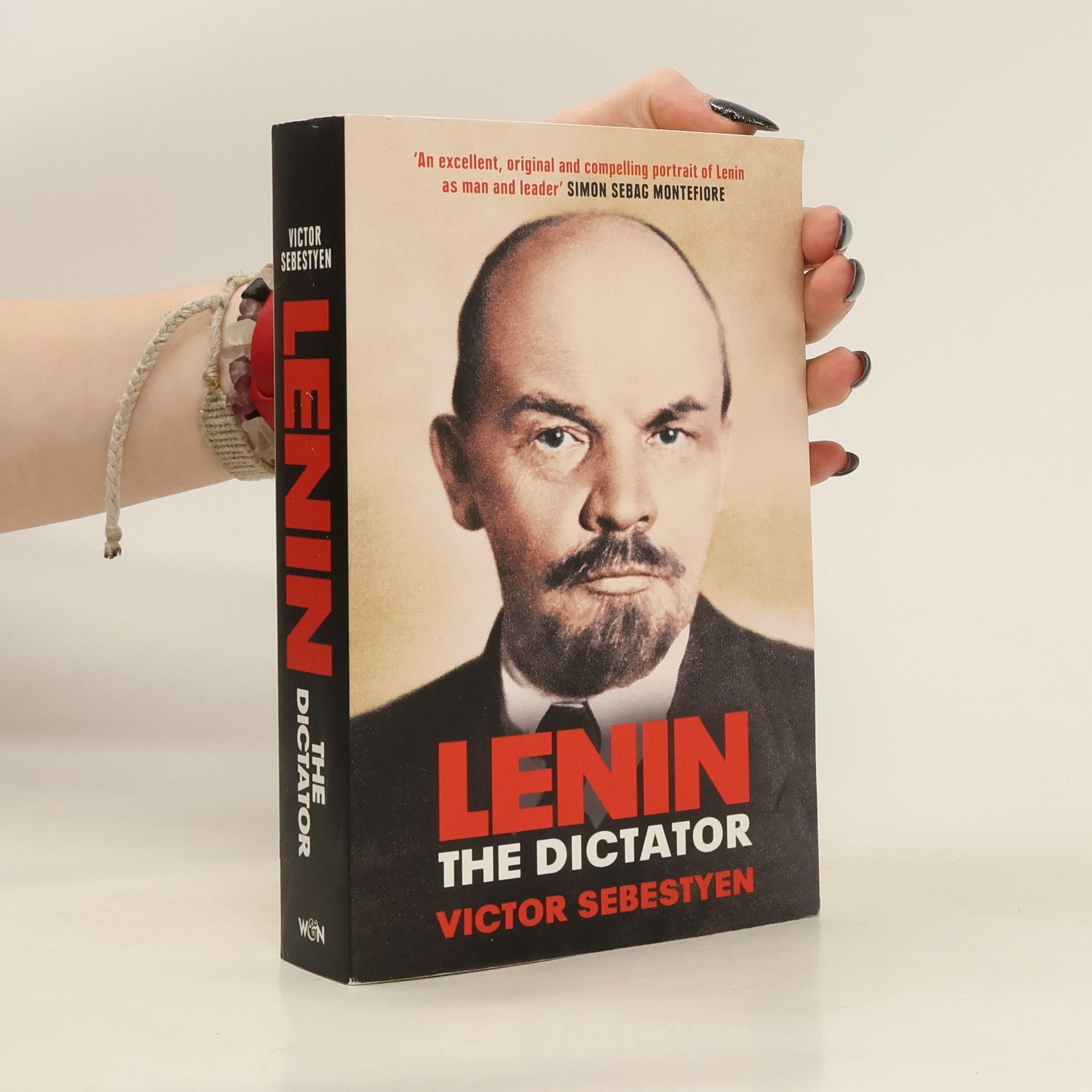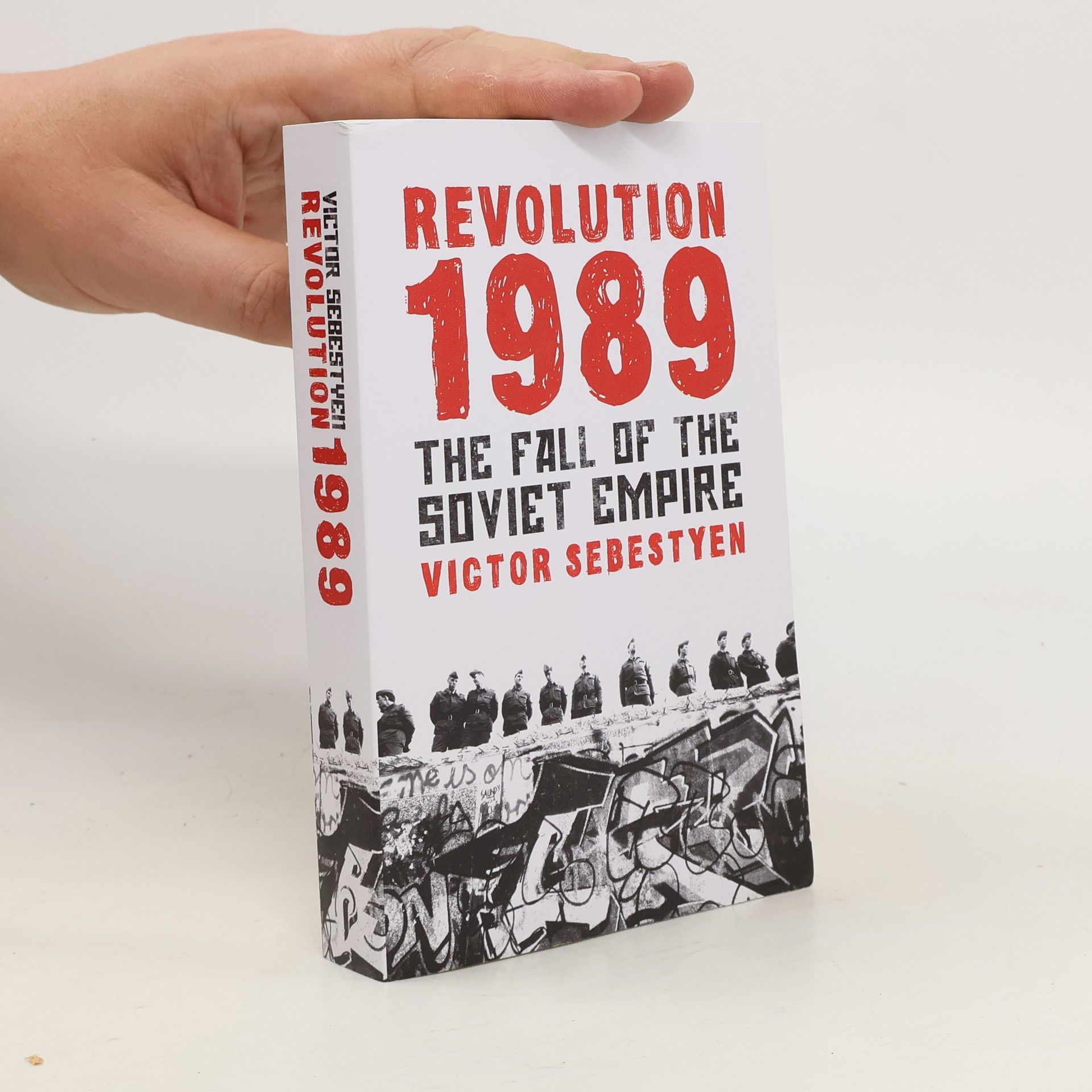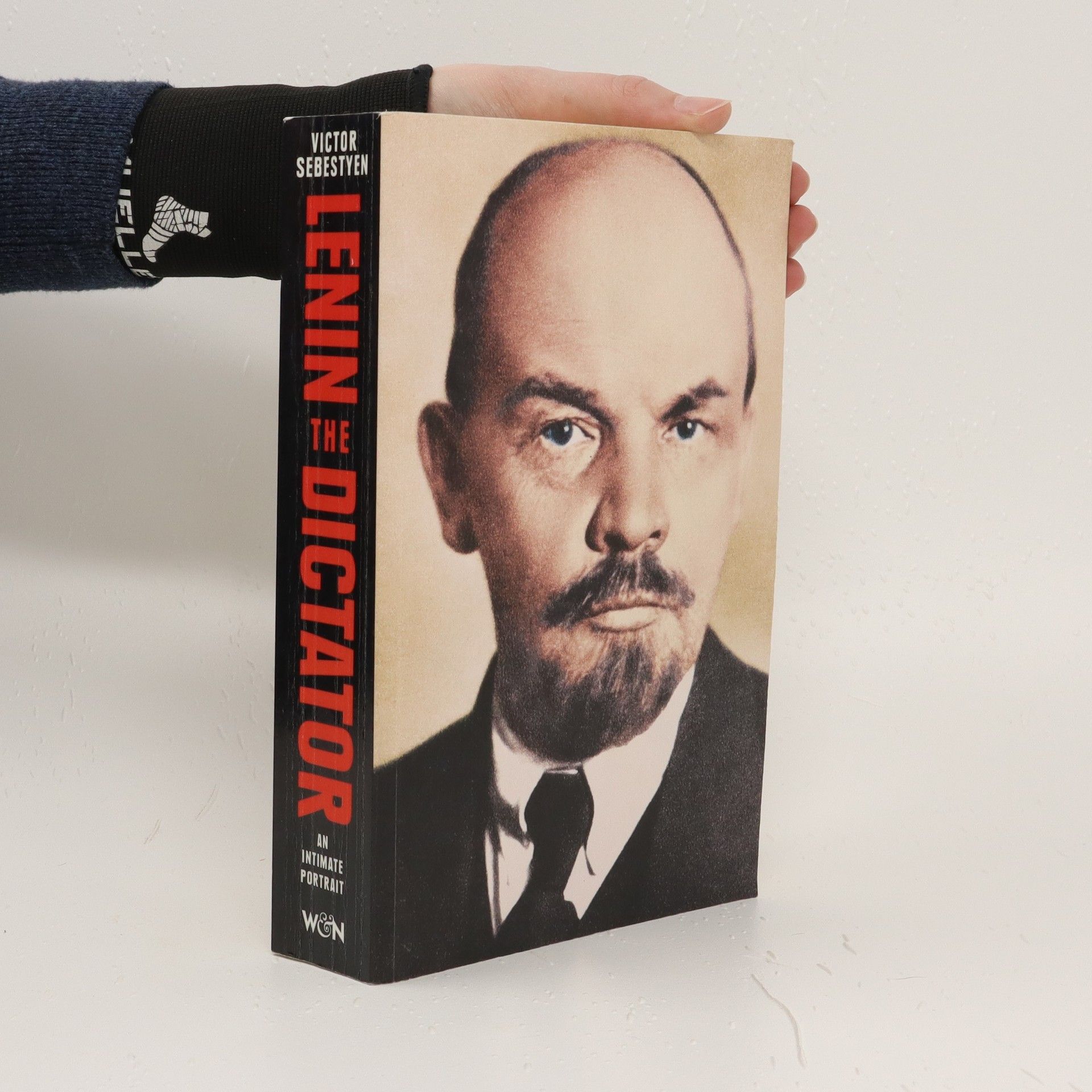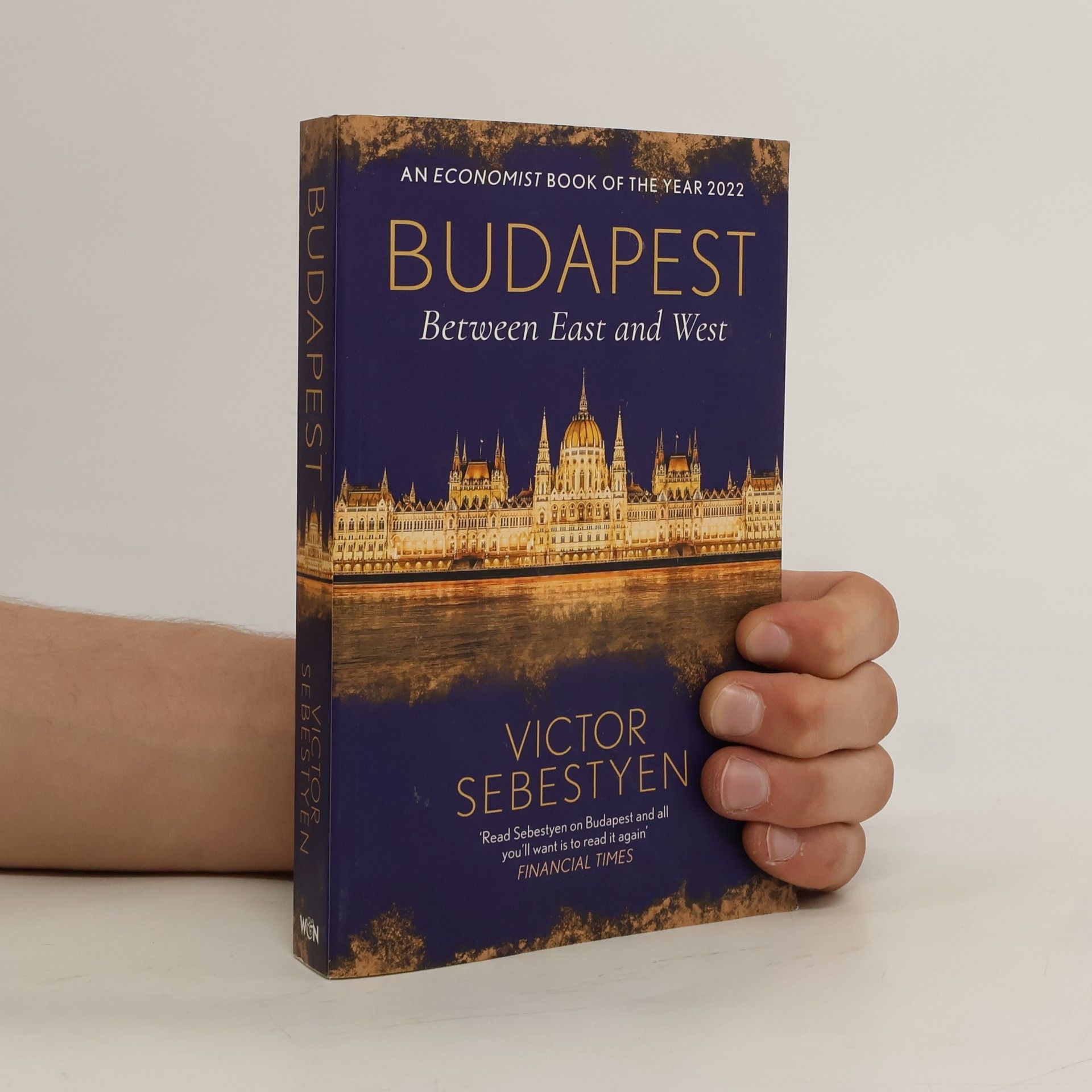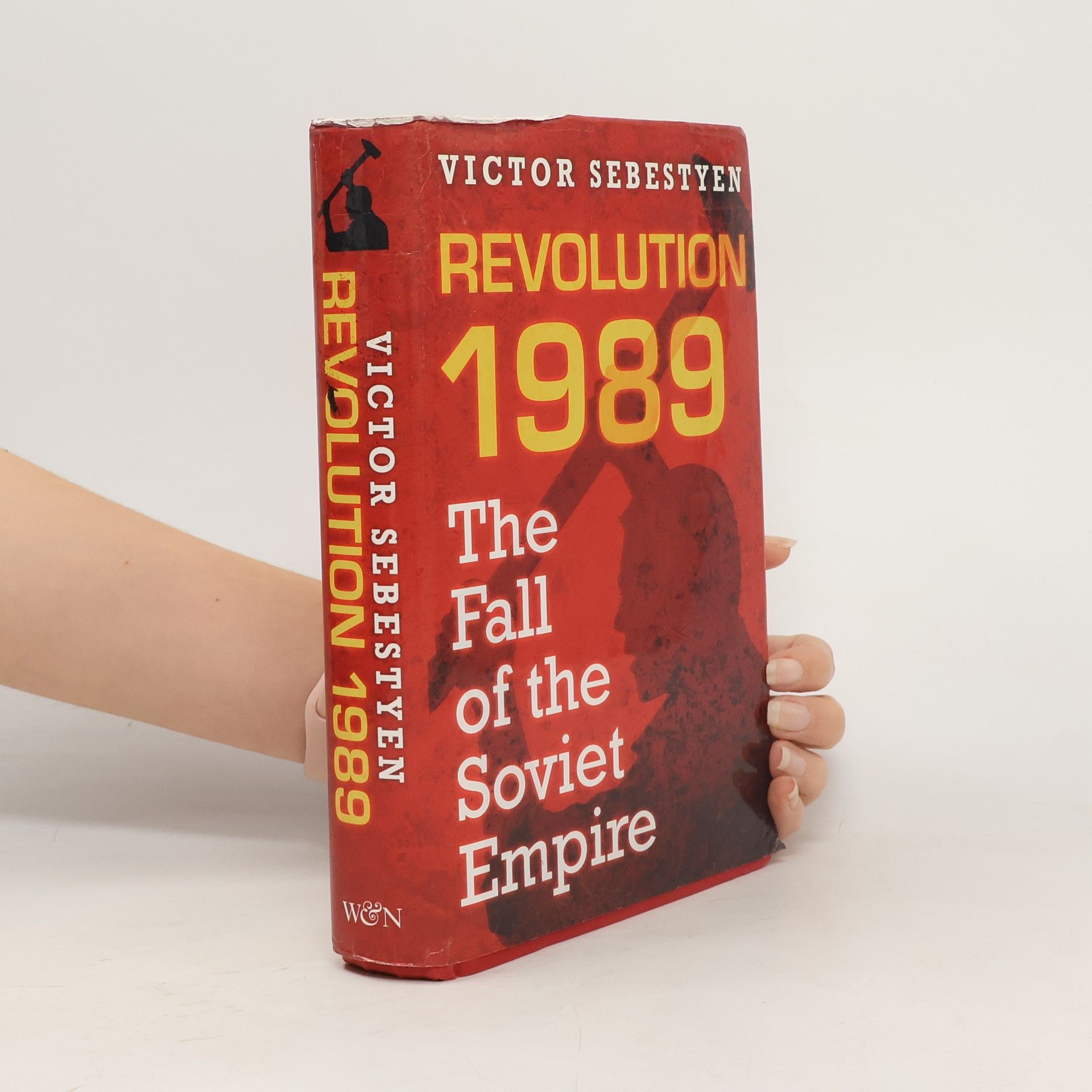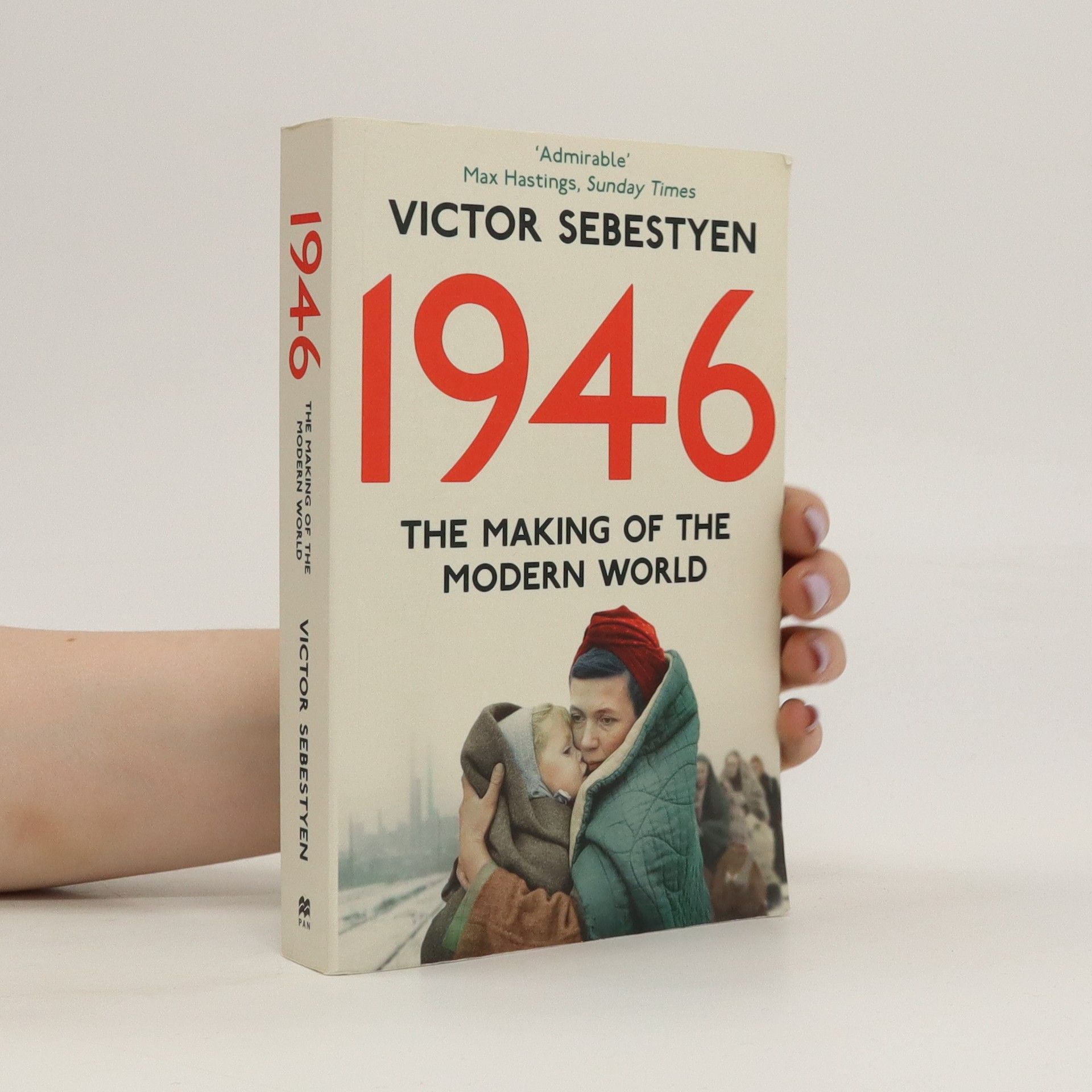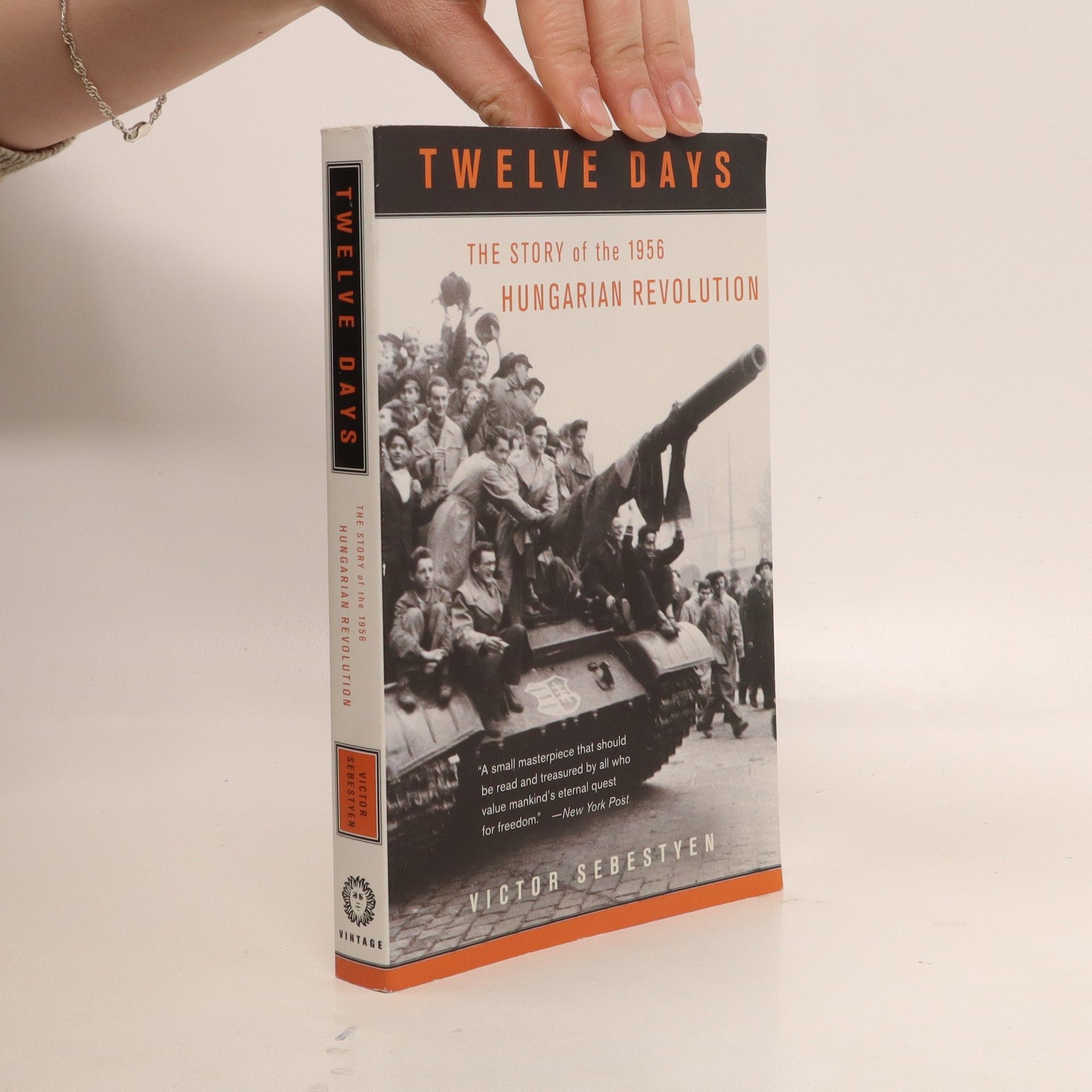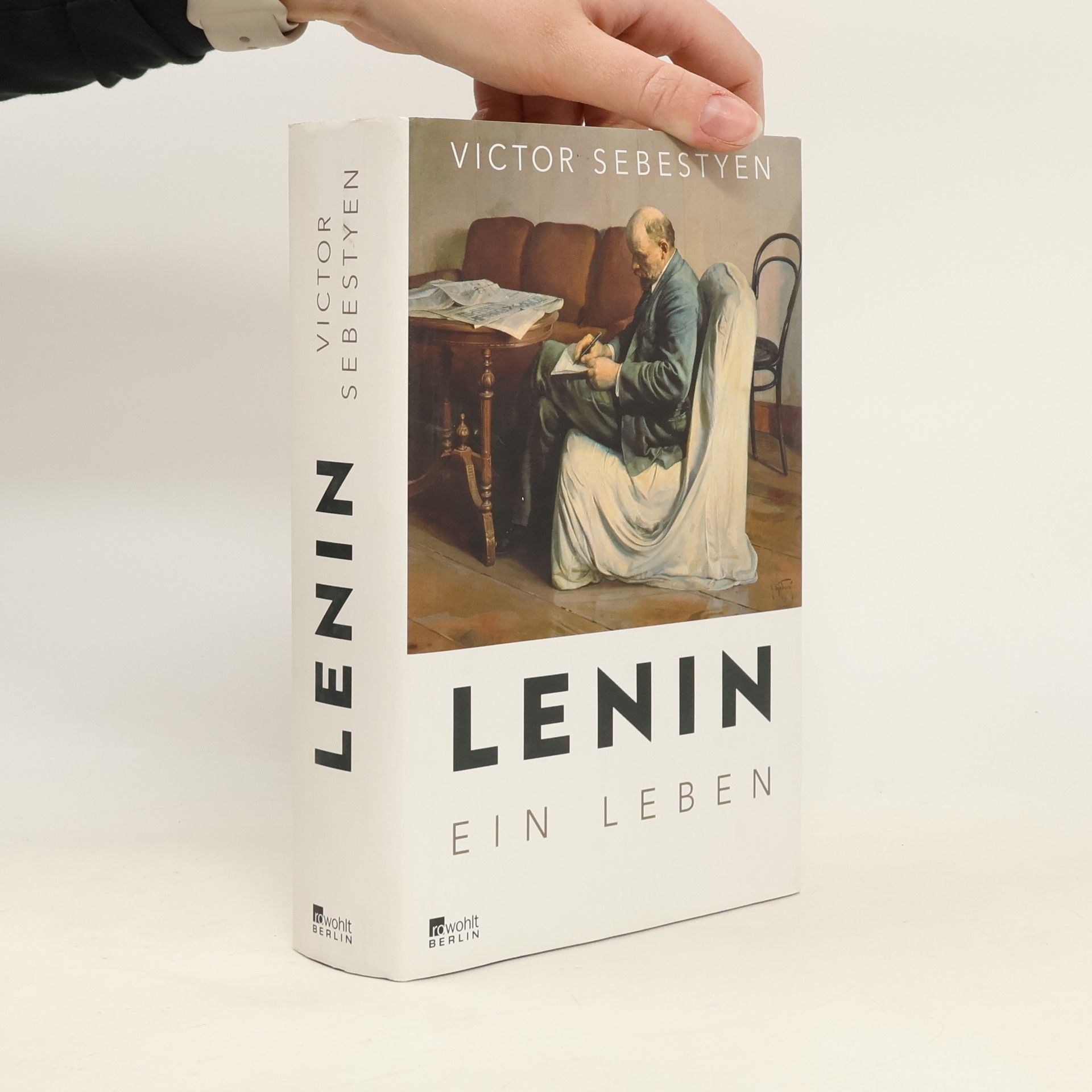1946 : the making of the modern world
- 456 pages
- 16 hours of reading
With the end of the Second World War, a new world was born. The peace agreements that brought the conflict to an end implemented decisions that not only shaped the second half of the twentieth century, but continue to affect our world today and impact on its future. In 1946 the Cold War began, the state of Israel was conceived, the independence of India was all but confirmed and Chinese Communists gained a decisive upper hand in their fight for power. It was a pivotal year in modern history in which countries were reborn and created, national and ideological boundaries were redrawn and people across the globe began to rebuild their lives. In this remarkable history, the foreign correspondent and historian Victor Sebestyen draws on contemporary documents from around the world - including Stalin's personal notes from the Potsdam peace conference - to examine what lay behind the political decision-making. Sebestyen uses a vast array of archival material and personal testimonies to explore how the lives of generations of people across continents were shaped by the events of 1946. Taking readers from Berlin to London, from Paris to Moscow, from Washington to Jerusalem and from Delhi to Shanghai, this is a vivid and wide-ranging account of both powerbrokers and ordinary men and women from an acclaimed author.

